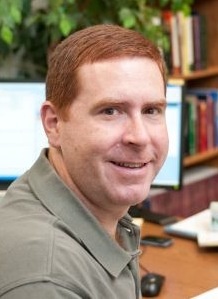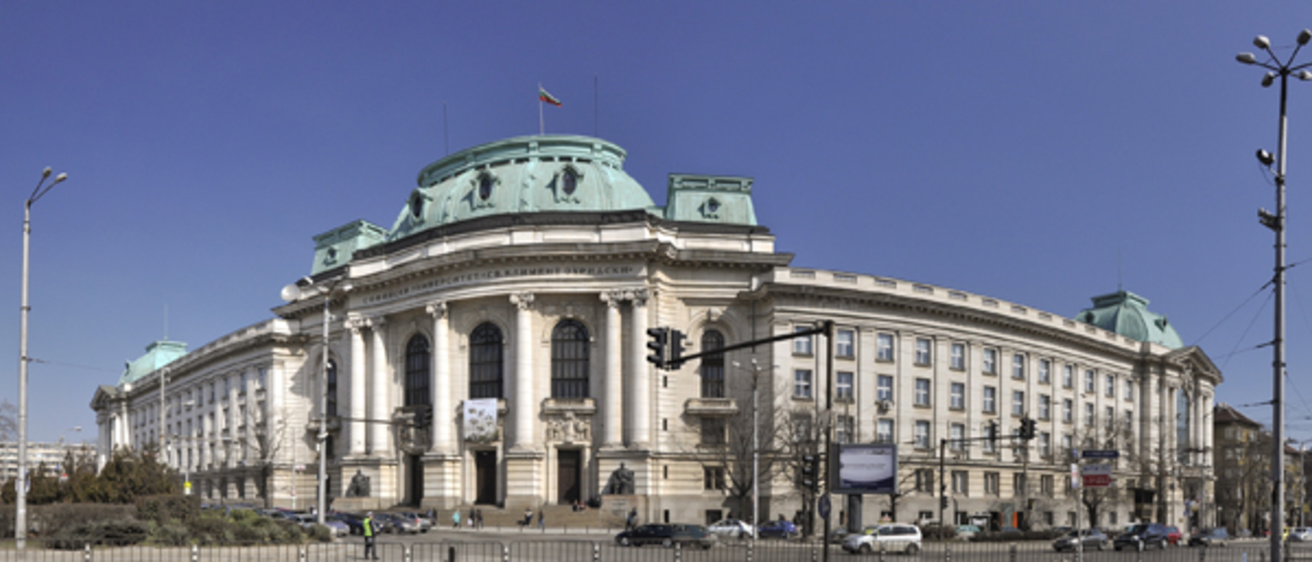Brian Farrell admits Bulgaria wasn’t on the top of his list of places to visit, but when the opportunity arose to teach law at the University of Sofia as a Fulbright Scholar, it quickly moved to the top.

“I didn’t know a terrible amount about Bulgaria, but I’ve always found it fascinating to go to a place that’s not on your bucket list,” says Farrell, the director of academic achievement and adjunct lecturer in the University of Iowa College of Law. “Bulgaria is a bit off the beaten track, but this is a great chance to learn about their culture and their legal and government systems.”
Farrell will teach in the university’s undergraduate constitutional law department in the fall semester, which runs from October to January 2013. A Goose Lake native and 1998 graduate of the College of Law, Farrell is also the founder and president of the Innocence Project of Iowa.
What will you be teaching at Sofia?
We’re not sure yet, but I expect to teach a semester-long course and also advise graduate students. Possibly something in American constitutional law, or international human rights law, which is one of my primary scholarly interests. Fortunately, the language of instruction is English. That was one of the first things I checked after I was notified I’d won the award.
You’ll be teaching law to undergrads.
Yes. In European countries, law is an undergraduate program.
Bulgaria was a communist country for decades, and since one of your interests is human rights law, it should provide for some interesting study.
It will be interesting to work in a former Eastern Bloc country. It’s an emerging democracy today that is politically and economically stable, but in terms of political rights that we see as civil rights, where are they? I don’t know, and I’m looking forward to finding out. What kind of legacy remains from their period as a part of the Soviet Bloc and its history of human rights abuses? Is there a difference in the way of thinking between older people who grew up under communism and younger people who didn’t? I wonder if students today have more connections to that human rights variable.
I’m also interested in learning more about Bulgarian perspectives toward the United States, and their views on international law and human rights law. I hope that I’m able to teach about human rights law while I’m there. It’s easy for people to see human rights law as something that doesn’t affect them, that it’s important only for diplomats at the UN. But I see it as something that touches everyday people in their everyday lives, and I try to bring it down to that personal level.
What does your work entail with the Innocence Project of Iowa?
We’re connected to the national organization, but it’s still modest in Iowa. Most of our work is looking at cases and issues and educating the public and the legal community of the dangers of wrongful conviction and how that’s tied to human rights. We look for opportunities to create allies in law enforcement and among prosecutors to make sure we convict the right person. We try to make clear that our work is about getting the right person arrested and convicted, not just letting people out of jail. For instance, not many people know that when a DNA test proves a person was wrongfully convicted of a crime, that test also identifies the actual criminal 40 percent of the time.
